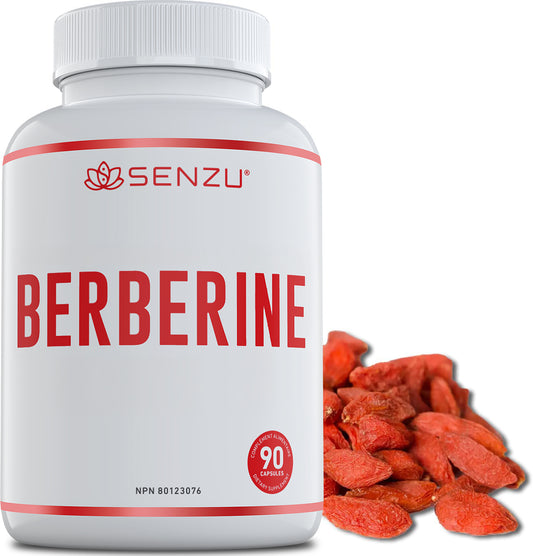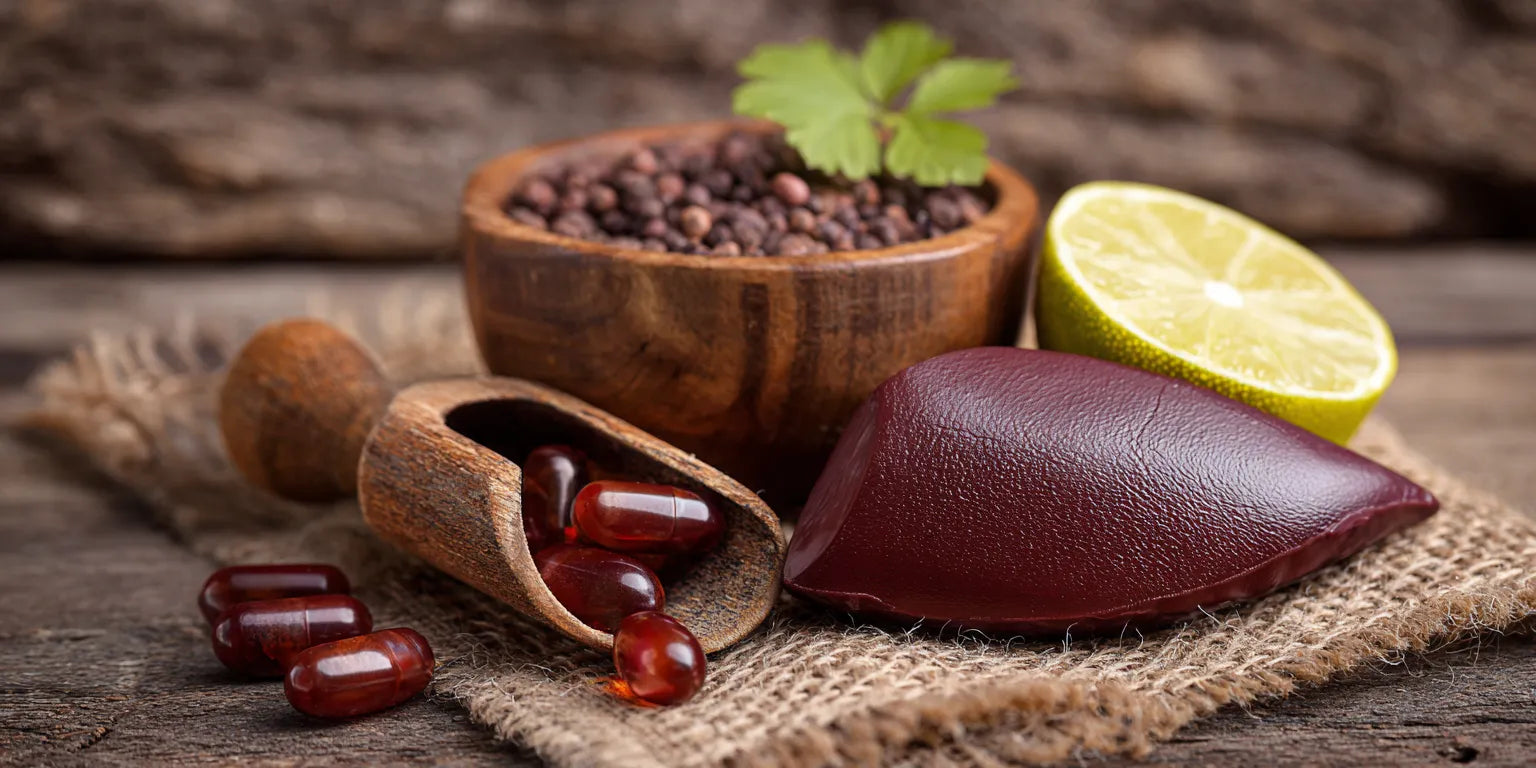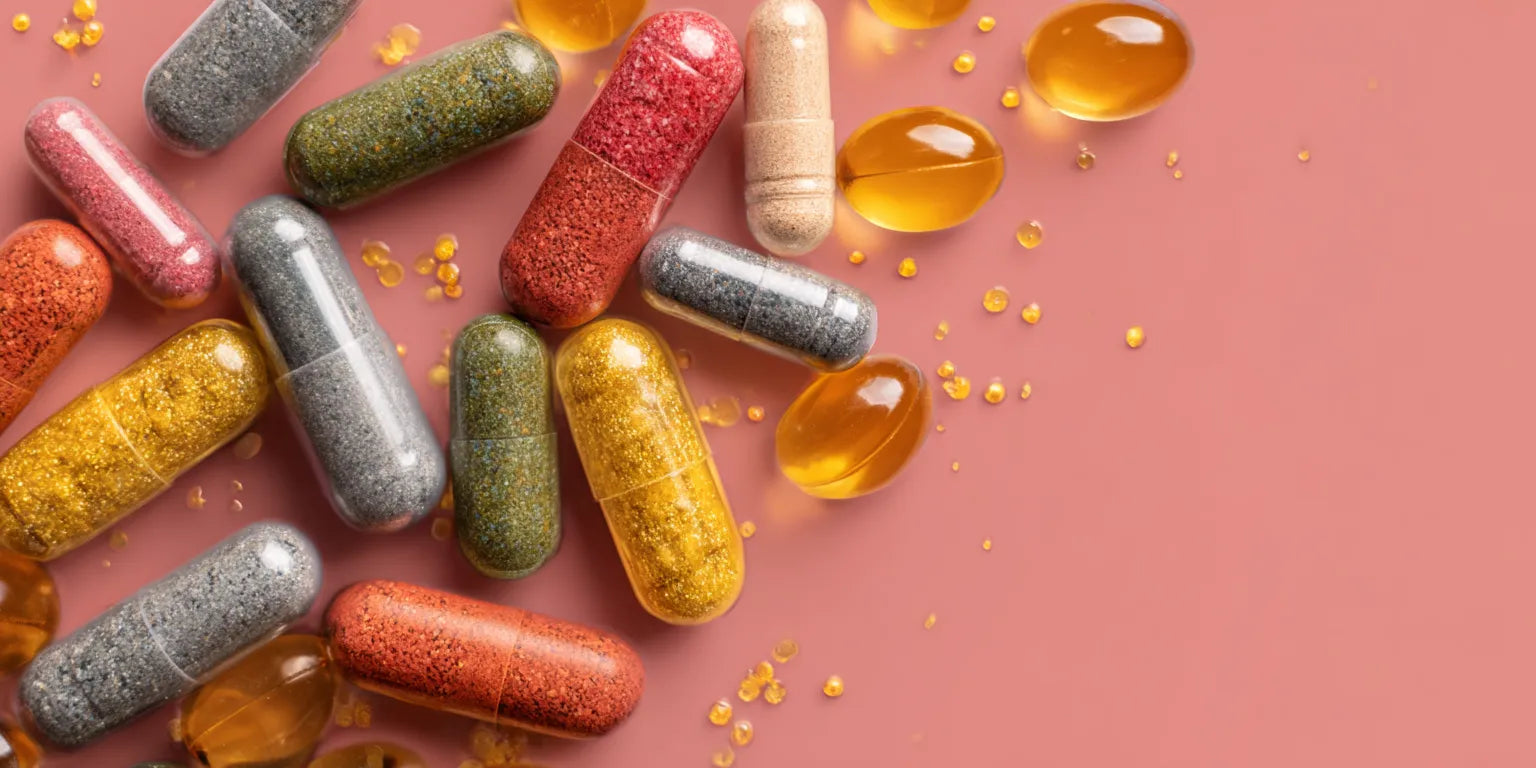CoQ10 vs. Coffee: Which Energy Source Actually Delivers Long-Term Results

We live in a world obsessed with energy. From the moment we wake up, we're searching for that perfect boost to power through our days. For most of us, that search ends at the coffee pot. But what if there was a different approach – one that builds lasting energy from the inside out rather than providing temporary fixes? It's time to explore the battle between coffee's quick hit and CoQ10's sustained power.
The Daily Energy Dilemma
Every morning, millions of people face the same question: how do I get enough energy to tackle today? The answer for most is simple – coffee, energy drinks, or some other caffeine-based solution. We've built entire cultures around this ritual, from coffee shops on every corner to elaborate home brewing setups.

But here's the problem: we're treating energy like it's something we need to add to our bodies from the outside, rather than something our bodies should naturally produce. It's like constantly jump-starting a car instead of fixing the battery. Eventually, you need a better long-term solution.
Understanding Coffee's Energy Strategy
Coffee works by blocking adenosine receptors in your brain. Adenosine is the chemical that makes you feel tired, so when coffee blocks it, you temporarily feel more alert. It's a clever trick, but that's all it is – a trick. Coffee doesn't actually give your body energy; it just masks the signals that tell you you're tired.
This approach creates several problems. First, your body adapts by creating more adenosine receptors, meaning you need more coffee to get the same effect. Second, when the coffee wears off, all that blocked tiredness hits you at once, creating the dreaded crash. Third, you're never actually addressing why your body isn't producing enough natural energy in the first place.
CoQ10's Cellular Energy Revolution
CoQ10 takes a completely different approach. Instead of masking tiredness, it helps your cells produce more actual energy. Every cell in your body contains tiny powerhouses called mitochondria that convert food and oxygen into ATP – the universal energy currency your body uses for everything from thinking to moving.
CoQ10 is essential for this energy production process. Think of it as a key component in your cellular power plants. Without adequate CoQ10, your mitochondria can't function efficiently, leading to fatigue, weakness, and that general feeling of running on empty that no amount of coffee seems to fix.
The Age Factor: Why Your Energy Naturally Declines
Here's something coffee can't address: the natural decline in CoQ10 production that happens as we age. Your body makes plenty of CoQ10 when you're young, but production peaks around age 20 and steadily decreases afterward. By age 40, you may have 30% less CoQ10 than you did at 20. By 65, that number can be 50% or more.
This decline directly correlates with the increase in fatigue and decreased energy that most people experience as they get older. While we often blame this on "getting old," much of it is actually due to declining cellular energy production – something that CoQ10 supplementation can help address.
Comparing the Two Approaches: Quick Fix vs. Foundation Building
When you drink coffee, you feel the effects within 15-30 minutes. The energy is immediate, noticeable, and undeniable. CoQ10, on the other hand, works more subtly. You might not notice dramatic changes in the first week or even month. This difference leads many people to assume coffee is more effective, but that's like comparing a sugar rush to a nutritious meal.

Coffee's energy is borrowed energy – you'll pay it back later with interest in the form of crashes, sleep disruption, and increased tolerance. CoQ10's energy is earned energy. You're actually improving your body's ability to produce power at the cellular level, creating sustainable vitality that doesn't come with a crash.
The Compound Effect: Why Long-Term Thinking Wins
The real difference between coffee and CoQ10 becomes apparent over months and years, not hours and days. Coffee users often find themselves in an escalating cycle – needing more caffeine to achieve the same effects, experiencing worse crashes, and feeling increasingly dependent on their next fix.
CoQ10 users typically report the opposite trajectory. Energy levels gradually improve and stabilize. They wake up feeling more naturally alert, maintain steady energy throughout the day, and don't experience the afternoon crashes that plague coffee drinkers. Most importantly, they're building a foundation for long-term vitality rather than borrowing against their future energy reserves.
Real-World Energy Comparison
Let's look at what a typical day might look like with each approach:
The Coffee Day: You wake up groggy and immediately reach for coffee. You feel great for 2-3 hours, then need another cup. By afternoon, you're crashing and need more caffeine, but too much will interfere with sleep. You end the day tired but wired, struggle to fall asleep, and wake up the next morning needing coffee to function.
The CoQ10 Day: You wake up with gradually increasing natural energy. Your alertness builds steadily throughout the morning without external stimulation. Energy remains stable through the afternoon without crashes. You wind down naturally in the evening and sleep well, waking refreshed the next day.
When Coffee Becomes Counterproductive
Many people don't realize that excessive coffee consumption can actually impair the very energy systems that CoQ10 supports. High caffeine intake can interfere with sleep quality, increase stress hormones, and create a state of chronic overstimulation that exhausts your adrenal glands over time.
Additionally, coffee can interfere with the absorption of certain nutrients needed for energy production, including some B vitamins and magnesium. It's possible to create a situation where your coffee habit is actually contributing to the fatigue you're trying to combat.
The Synergistic Solution: Using Both Strategically
This isn't necessarily an either-or situation. Many people find success using CoQ10 as their foundation energy support while using coffee strategically for specific situations. When your cellular energy production is optimized with CoQ10, you need less coffee to achieve the same alertness, and you're less likely to experience negative side effects.

Some people discover that after a few months of CoQ10 supplementation, they can reduce their coffee intake significantly while maintaining higher energy levels. Others find they can enjoy coffee purely for pleasure rather than necessity.
Making the Smart Investment in Your Energy Future
If you're thinking purely short-term, coffee wins hands down. It's cheaper, faster, and provides immediate gratification. But if you're thinking about your energy levels five, ten, or twenty years from now, CoQ10 is the clear winner.
Consider this: the average coffee drinker spends $1,000-2,000 per year on coffee and related products. A high-quality CoQ10 supplement might cost $200-400 per year. From a pure financial perspective, CoQ10 is often more cost-effective, and that's before considering the long-term health benefits.
Practical Steps for Making the Transition
If you're ready to move beyond coffee dependence, start gradually. Begin taking CoQ10 (100-200mg daily) while maintaining your current coffee intake. After 4-6 weeks, when CoQ10 levels have built up in your system, try reducing your coffee consumption by one cup per day.
Pay attention to your natural energy rhythms. Many people find that with adequate CoQ10 support, they wake up more naturally alert and don't need that immediate coffee hit. Others discover they can delay their first cup of coffee by several hours without feeling sluggish.
The Verdict: Different Tools for Different Goals
Coffee and CoQ10 serve different purposes and work on different timelines. Coffee is a tool for immediate energy manipulation – useful for specific situations but problematic as a long-term strategy. CoQ10 is a tool for energy optimization – slower to show results but far more sustainable and beneficial over time.
The question isn't really which one is better in absolute terms, but which approach aligns with your health goals and lifestyle preferences. If you want quick fixes and don't mind the dependency cycle, coffee might be sufficient. If you want to build lasting vitality and reduce your reliance on external energy sources, CoQ10 is the clear choice.
Your Energy Evolution Awaits
The path to sustainable energy isn't found in your coffee cup – it's found in your cells. While coffee will always have its place for specific situations and pure enjoyment, building your energy foundation with CoQ10 offers something coffee never can: true, lasting vitality that improves with time rather than requiring ever-increasing doses.
Your future self will thank you for making the investment in cellular energy production today. After all, the best time to plant a tree was 20 years ago, but the second-best time is now. The same principle applies to your energy levels – start building your foundation today, and enjoy the compound benefits for decades to come.
Senzu Coenzyme Q10: Enhanced Absorption, Maximum Benefits
If you're ready to move beyond the coffee cycle and invest in sustainable energy, Senzu's Coenzyme Q10 offers a premium solution.
Our formula delivers 300mg of high-potency CoQ10 ubiquinone, enhanced with Vitamin E (150 IU) and Black Pepper (5mg) for superior absorption.
This means your body can actually utilize the CoQ10 effectively, supporting heart health and cellular energy production where it matters most.
What sets Senzu apart is our commitment to purity. Every batch is third-party tested and screened for heavy metals and pesticides.
We've eliminated unnecessary fillers like silicon dioxide, magnesium stearate, GMO maltodextrin, and artificial ingredients, using clean alternatives like rice flour instead.
Our premium PlantCaps are made from naturally fermented pullulan, making them starch-free, gluten-free, Non-GMO Project Verified, and certified Halal and Kosher.


















